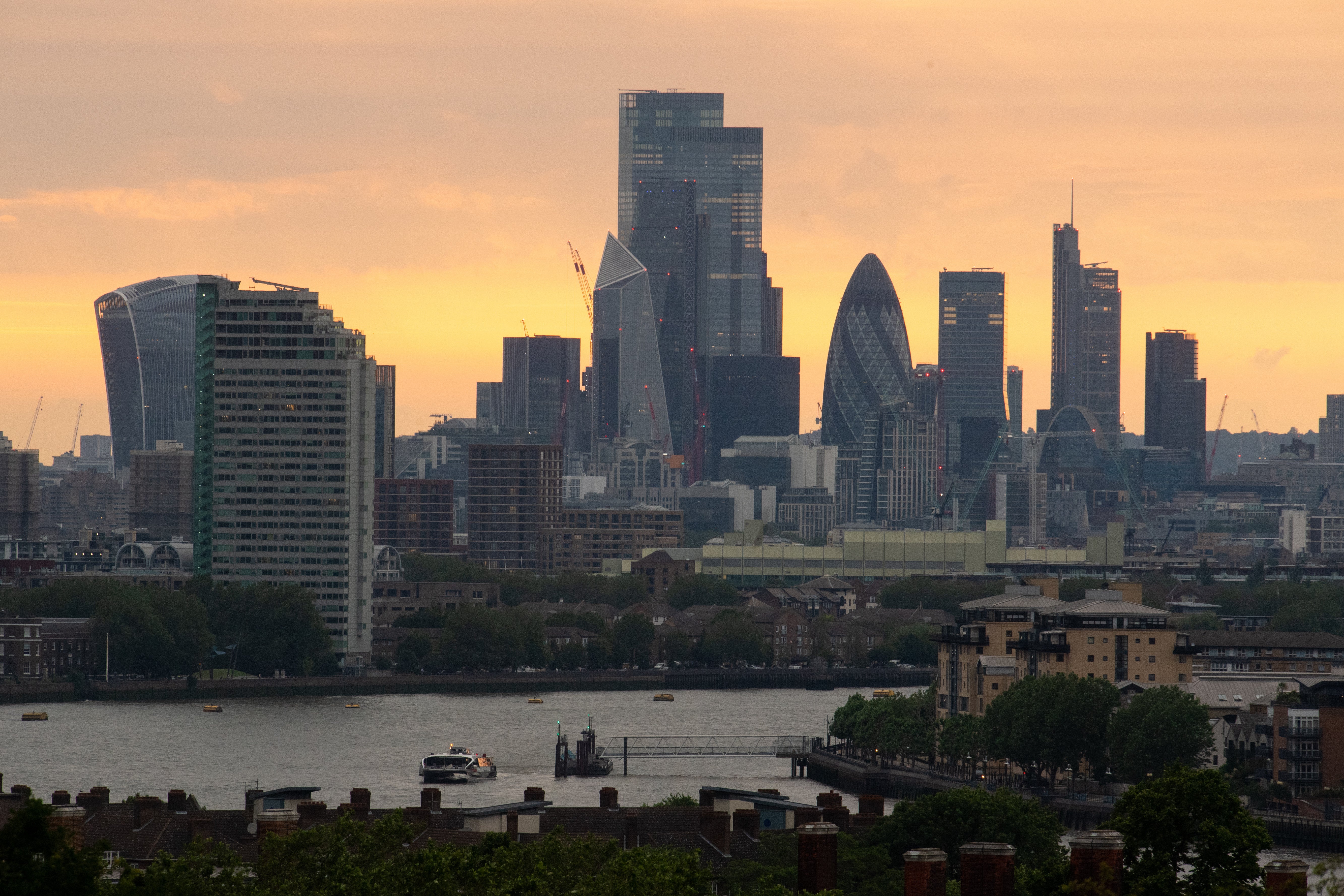Sanctions likely to push inflation up 1%, MPs told
The UK and other countries have levelled hard sanctions against Russia following its aggressive war against Ukraine.

The sanctions that have been imposed on Russia following the country’s invasion of Ukraine could push up inflation and hit the UK economy, MPs have been told.
Neil Shearing, chief economist at Capital Economics, said around 1% might be added to the already high inflation that the UK was seeing when the sanctions take place.
He also said that gross domestic product (GDP) might take a hit of between 0.25% to 0.5% because of the sanctions.
This does not mean the economy will shrink, just that it will grow less rapidly, he told MPs on the Treasury Select Committee.
This is based on current sanctions, which include those on Russian banks and oligarchs, however any future potential sanctions on energy are not included.
Should the West sanction Russian oil and gas the hits might be doubled, he said.
“By far and away the most significant hit to the UK economy at the moment is going to come through the effect on energy prices and the cost of our imports, not because we import a lot from Russia, but because global prices have gone up,” he said.
He said that there is little that the Bank of England can do, they do not have the tools to impact global energy prices, but the Treasury could help offset some of the impact.
It could cost a lot of money, and cutting tax on energy bills, one of the main impacts, would not be enough, he said.
“I don’t think you can do things like cut VAT on energy, it’s not going to be big enough, so it would have to be direct transfers of one form or another to households,” he said.
Asked about enforcement of financial crime in the UK, Dr Justine Walker at the Association of Certified Anti-Money Laundering Specialists said that the country lags behind the US.
She added that the UK and EU’s sanctions are a little unclear on what is and is not captured by the sanctions.
“The US have been very forward leaning, they have been very clear, in terms of when they’ve imposed sanctions they’ve been ready to issue detailed guidance and licenses, we haven’t seen that in the same manner from wider G7 counterparts,” she said.
Tom Keatinge, director at Rusi, echoed that and said that the private sector needs to know the details of sanctions.
“You can’t make up sanctions on the hoof, because you are relying on the private sector to implement them, and the private sector will need to know legal names and all those things.
“You can’t just say (sanctioned Russian bank) VTB, you have to give subsidiary names, you have to give people enough detail for them to figure out what they have to do.”
“We need details, we cannot continue to have generalisations, we must have details.”